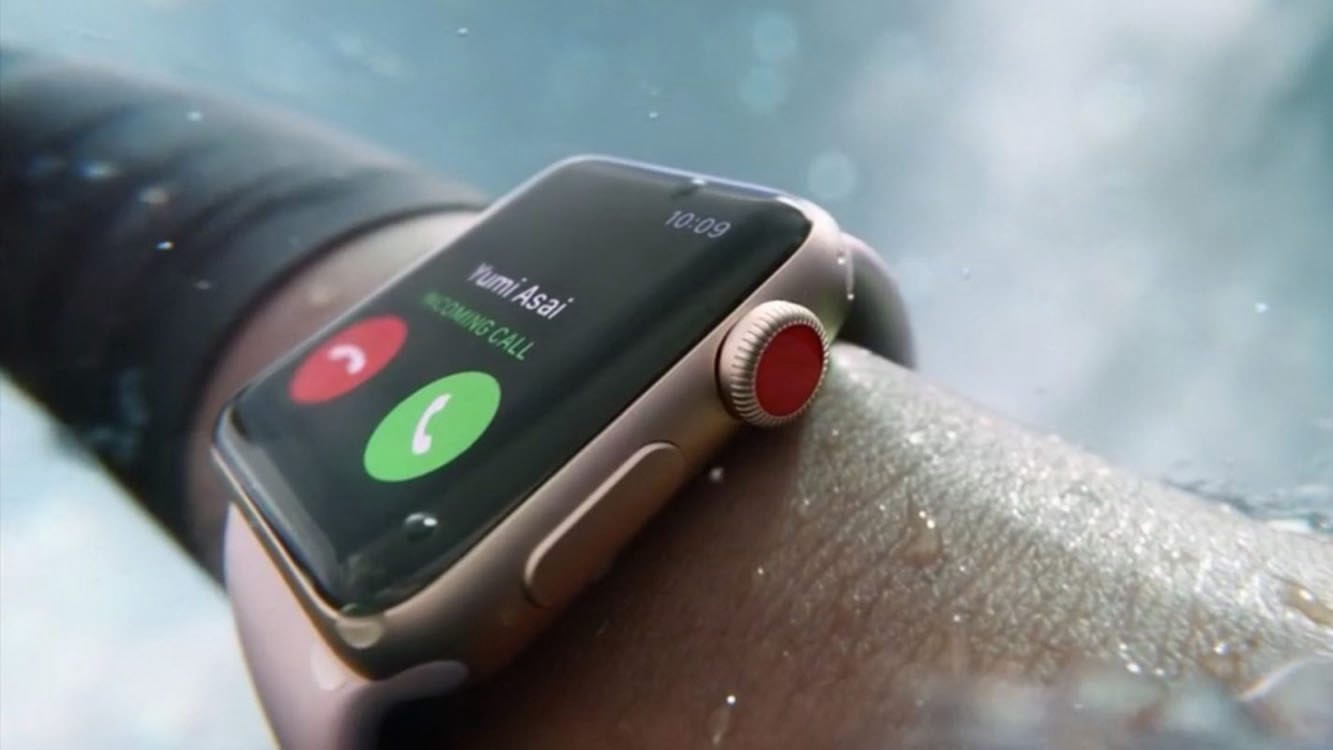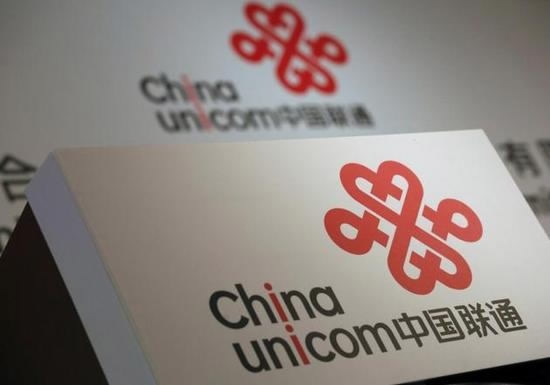
Tech & Sci
14:39, 20-Oct-2017
Apple Watch Series 3’s new connectivity feature cut off in China
By CGTN's Xie Zhenqi

Chinese consumers of Apple Watch can no longer enjoy its wireless network option as its lone carrier in the country abandoned subscriptions of its new LTE feature, the Wall Street Journal first reported on Wednesday.
Apple announced on September 22 during its annual product event that for the first time cellular connectivity would be added to its newest Apple Watch Series 3, ending a long period of having to be tied exclusively to an iPhone in order to make calls or send data over the network.
WSJ noted that this independent connection service was suspended by China Unicom, one of China’s three major telecom companies, since September 28, after briefly providing it for about only a week under a trial certificate.

China Unicom /Xinhua Photo
China Unicom /Xinhua Photo
Although reasons for this abrupt discontinuity was unexplained either by China Unicom or government officials, analysts say it is likely due to the fact that Chinese authorities have not yet found a way to reliably monitor a user’s identity with eSIM, a tiny version of Sim card embedded within the watch.
China strictly regulates mobile phone numbers since the number of telecom frauds had risen dramatically in the past few years. A new user, regardless of which carrier he goes to, has to register with a personal ID, which authenticity can be checked via a network connected to the police’s database.
Then the user would obtain a SIM– subscriber identity module – card to activate their phone service and get their iPhone working.

Apple Watch Series 3 /Apple Photo
Apple Watch Series 3 /Apple Photo
The problem with eSIM is that it is embedded in the device by Apple, not any of the three state-owned companies: China Mobile, China Unicom and China Telecom. Therefore, the government needs to "figure out how they can control the eSIM," said one analyst.
The eSIM shares the same functionality as a standard removable SIM inside a smartphone, but it doesn’t readily allow network carriers to identify the user.
Apple’s stock dropped 2.7 percent following Apple’s statement confirming the situation on Wednesday, the biggest decline a company with the highest market cap has suffered in over two months, after the plummeting demand of iPhone 8.

SITEMAP
Copyright © 2018 CGTN. Beijing ICP prepared NO.16065310-3
Copyright © 2018 CGTN. Beijing ICP prepared NO.16065310-3